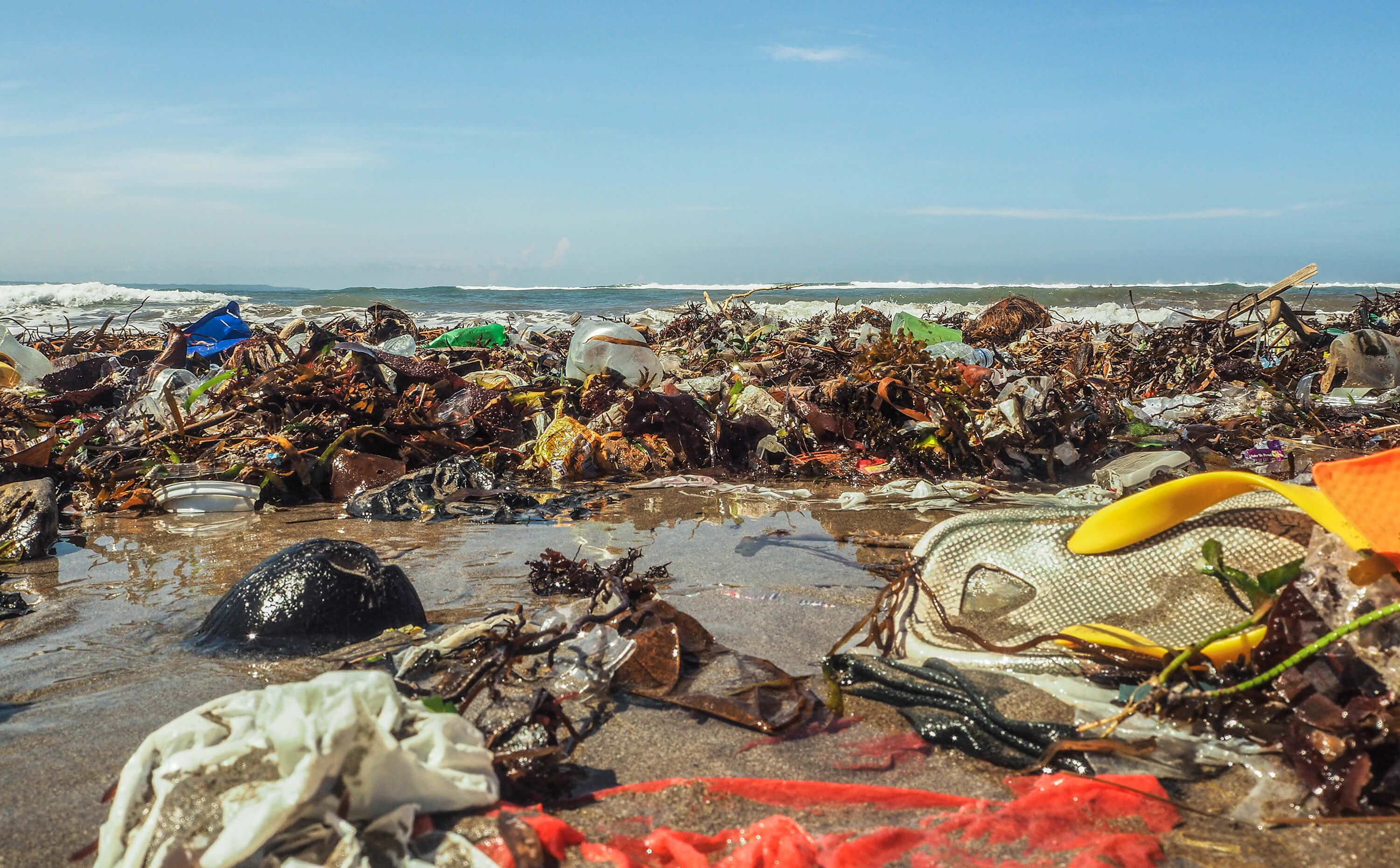There is only a limited number of times any piece of plastic can actually be recycled.
It is a common misconception that if a piece of packaging is labelled as recyclable, it will be reused. But unfortunately, this is not always the case.
And even when companies create recyclable products, this often does little to help the environment. 91% of plastic worldwide is not recycled and there are reasons for that.
“The fact is, we can’t just recycle our way out of this mess: we need to stop making so much plastic in the first place.”

Black plastic is difficult for recycling plants to recognise and it often ends up in landfill because optical machines that sort plastics for recycling can't detect the black carbon pigments. Avoiding black plastic is a good way to start tackling the plastic problem.
Intense or dark coloured plastics are difficult, if not impossible to reuse. It's a bit like mixing paint: the darker the paint is, the more difficult it is to change the colour to a new colour. Only white or natural plastics are worth putting through the recycling process. So if you want to make a change, try to stop buying products which use coloured plastics.
It is essential to clean out any containers that you want to recycle - from wine bottles to yoghurt pots! If you don't wash it out, it might not be recycled.
If the quality is poor, the plastics that can be used are extracted and the rest end up being burned or dumped. If you have to buy plastic, try and buy good quality, long lasting plastic.
Small pieces of plastic get lost in the recycling system and will usually end up in the waste. Try and keep your plastic whole and unbroken to maximise its chance of being recycled.
Think that plastic bottles get recycled continuously into plastic bottle after plastic bottle? Think again. When plastic bottle segments are recycled, they usually go down to a lower grade of plastic which will eventually be graded or categorised as a non-recyclable plastic. So, even though plastic water bottles might not seem like single use plastic to you, to a recycling plant they might be!
In most cases, this kind of plastic contains too many additives to be recycled, as these additives can affect the purity of a batch of recycled plastic. Therefore, PVC is a good one to avoid!
